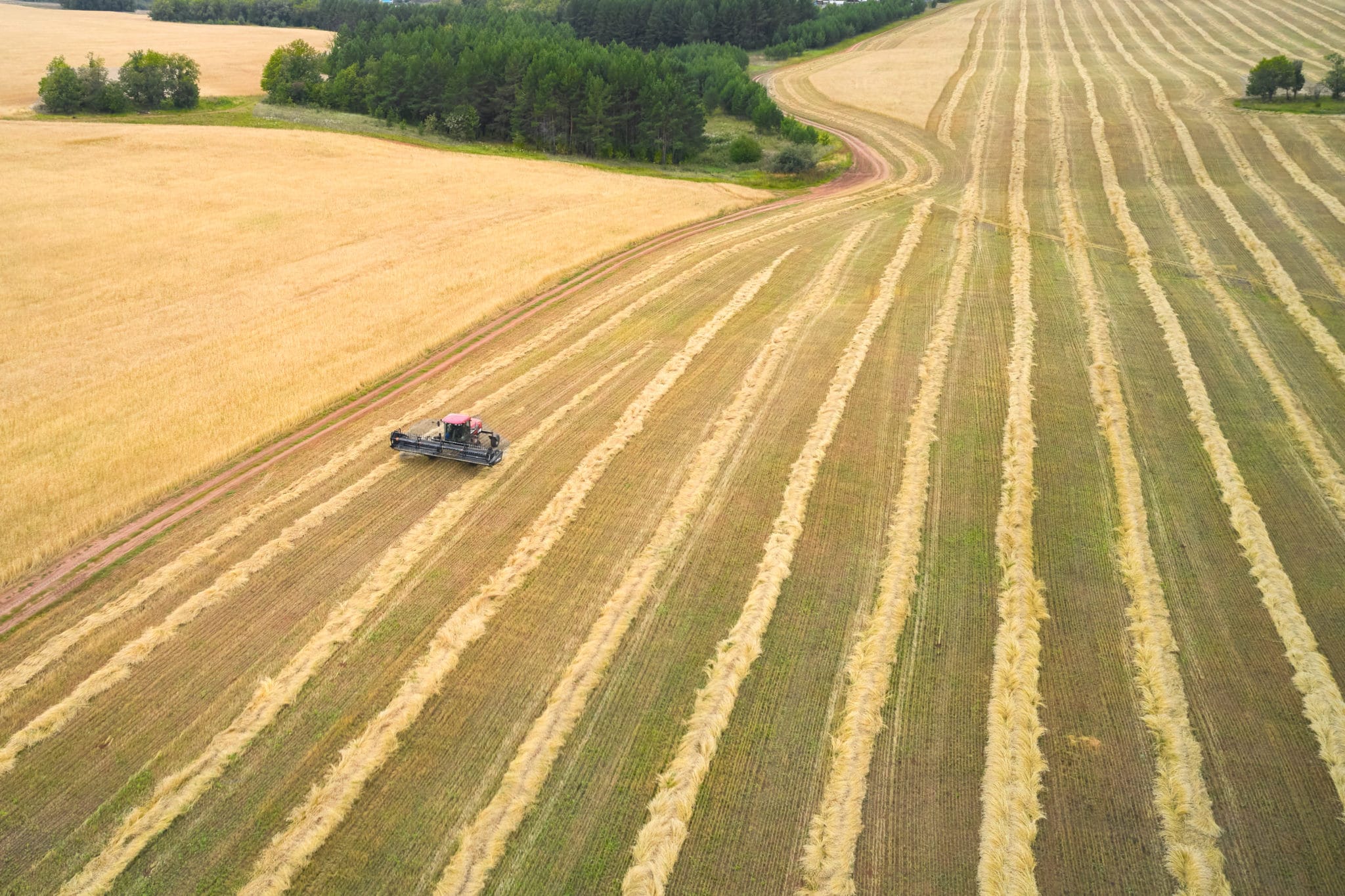Loneliness, depression and anxiety are some of the feelings commonly felt by farmers who are isolated and can experience criticism and abuse during the course of their working day, a new paper has found.
Researchers from the University of Exeter and The Farming Community Network carried out in-depth interviews with 22 farmers or members of farming families, and six farm support workers over the course of four months in 2021.
They found the group often felt disconnected from wider public, undervalued and saw a lack of understanding about the unique pressures farmers face.
This feeling of ‘cultural loneliness’ was found in the study to be linked to mental health problems such as depression and anxiety.
Some of the farmers interviewed had been subjected to abusive behaviour, including being sworn at during the course of their working day.
One farmer who was interviewed said: “You get sly comments or something from a footpath walker or you quite often get someone flicking you the Vs on the road, or beeping their horn because you’re in the tractor going from A to B. So you get the sense that the local community isn’t really your best friend. You feel a bit of an alien on your own doorstep.”
The paper, called ‘It’s a lonely old world’: Developing a multidimensional understanding of loneliness in farming’ and published in the journal Sociologia Ruralis, found farmers are keen to talk about the role they play in food production and the care they take in improving the environment. But they feel these are often overlooked in media stories about agriculture and environmental issues such as climate change.
It comes as some in the regenerative farming movement have spoken about the approach’s ability to reduce stress and financial risk, due to its principles around moving away from feed and chemicals sold by agribusiness.
Professor Matt Lobley, co-director of the Centre for Rural Policy Research at the University of Exeter, said: “The issue of the sense of disconnection between farming and non-farming people has come up repeatedly in our research over a number of years.
“We now know that the loneliness and isolation that can stem from this and impacts the mental health of farming people. Farming people are key workers and we should all have a stake in helping improve their health and wellbeing.”
Researchers recommended better connections between farming and non-farming communities, including local food networks and opportunities to visit farms, as well as more empathy from government and regulators where inspections cause a great deal of stress for farmers, would help tackle the problem.
Dr Rebecca Wheeler, senior research fellow from the Centre for Rural Policy Research at the University of Exeter, said: “Cultural loneliness refers to feelings that arise from a sense of difference with others in the wider community – including feelings of being an outsider or being misunderstood by other cultural groups.
“It’s concerning to see that this type of loneliness repeatedly emerged in participants’ stories, with many farmers describing or alluding to a strong sense of disconnection with the wider public, and of feeling undervalued and misunderstood by government and society.”
Chief executive of The Farming Community Network, Dr Jude McCann, said: “We hope that the findings of this study will help to encourage people to appreciate their local farmers more and to be more aware of what is involved in farming – helping to bridge the gap between farmer and non-farmer, and rural and urban environments.”
More on mental health:















So farmers and landowners, who have spent the best part of 1000 years systematically excluding the rest of the population from what they consider to be “their” land, are feeling lonely and disconnected? Hmmm… there must be a solution in that problem somewhere!
Farmers are overworked and undervalued, and Defra is a farce.